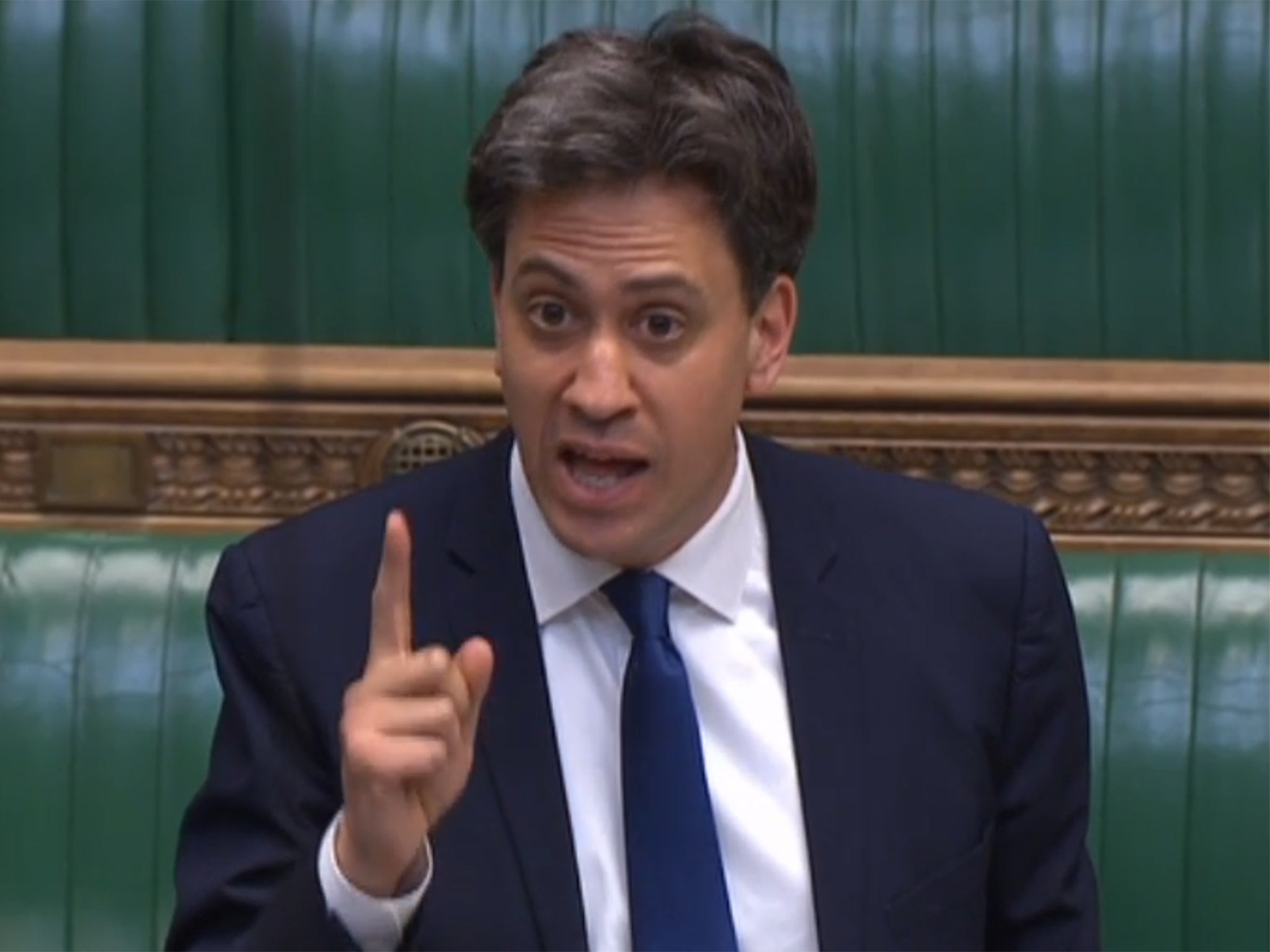Labour bid for a 'Leveson 2' inquiry into press misconduct is defeated in the Commons
Small Tory revolt fails to force fresh probe into 'unlawful or improper conduct' by media organisations

A Labour bid to force the government to hold a second public inquiry into press misconduct – promised at the height of the hacking scandal – has been defeated in the Commons.
The government survived a small Conservative revolt aimed at reversing the decision to abandon a “Leveson 2” probe into “unlawful or improper conduct” by media organisations – but only by nine votes, by 304 to 295.
Labour also abandoned an attempt to force media organisations to pay all legal costs in libel cases whether they win or lose, unless they sign up to a state-backed regulator.
Most Tory MPs were ready to back Theresa May and other ministers who warned the move would “undermine” a free press and impose huge, unjust costs on them.
David Cameron committed the coalition government to a second inquiry into the press at the time of Lord Justice Leveson’s first report, in November 2012.
But the promise was ditched in March by Matt Hancock, the culture secretary, who said it was unnecessary because of “significant changes to police practice and press regulation”.
Ed Miliband, the former Labour leader, led calls for Leveson 2 to be revived, tabling an amendment to the Data Protection Bill.
He accused the government of breaking its promise because of “fear about the wrath of the press”, adding: “That is why this decision has been taken.
“Fear of the powerful is not a good reason to allow them to trample on the powerless ... it goes everything we promised in 2010, everything we said to the victims.”
Mr Miliband was backed by Ken Clarke, the former Tory Chancellor, who said Leveson 2 was “only suspended so that police operations should take place”.
“Why is he cancelling an inquiry previously promised and endorsed by Leveson? What on earth is the reason for stopping investigations into the kind of things we’re all talking about?” he asked.
Five Conservatives voted with Labour – Mr Clarke, Crispin Blunt, Peter Bone, Dominic Grieve and Philip Hollobone.
Crucially, Mr Hancock appeared to head off a threat by the Democratic Unionist Party to side with Labour by promising a review of media standards in Northern Ireland.
Without the nine DUP MPs who then voted with the government, the result would have been a tie. Ian Paisley Jr, a DUP MP, welcomed the inquiry by the information commissioner as a “Leveson inquiry for Northern Ireland”.
Mr Hancock said the terms of Leveson part 2 “have already largely been met”, promising: “Where action is needed I do not back down from taking it.”
He also pointed to the economic pressures on newspapers, saying: “The rise of clickbait and disinformation and fake news is putting our whole democratic discourse at risk.
“This is an urgent problem, it is shaking the foundation of democracies worldwide, and liberal democracies like Britain cannot survive without the fourth estate, and the fourth estate is under threat like never before.”
Join our commenting forum
Join thought-provoking conversations, follow other Independent readers and see their replies
Comments
Bookmark popover
Removed from bookmarks